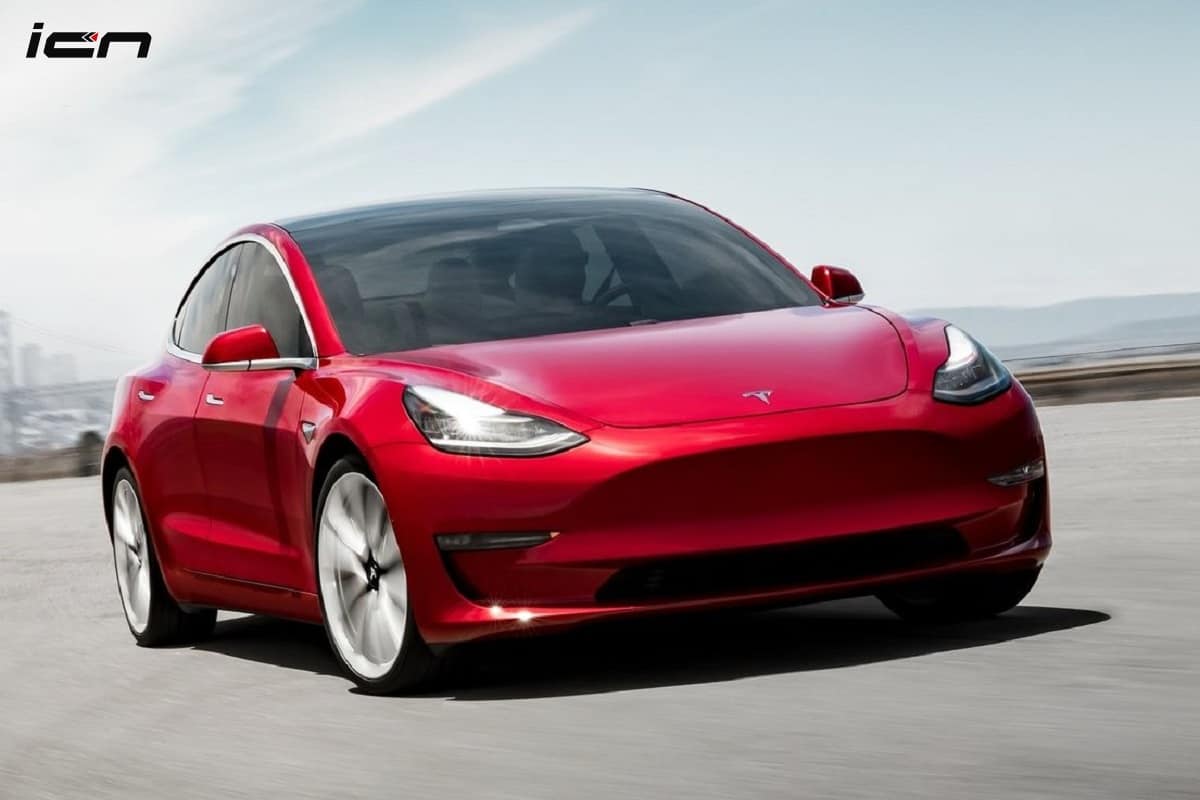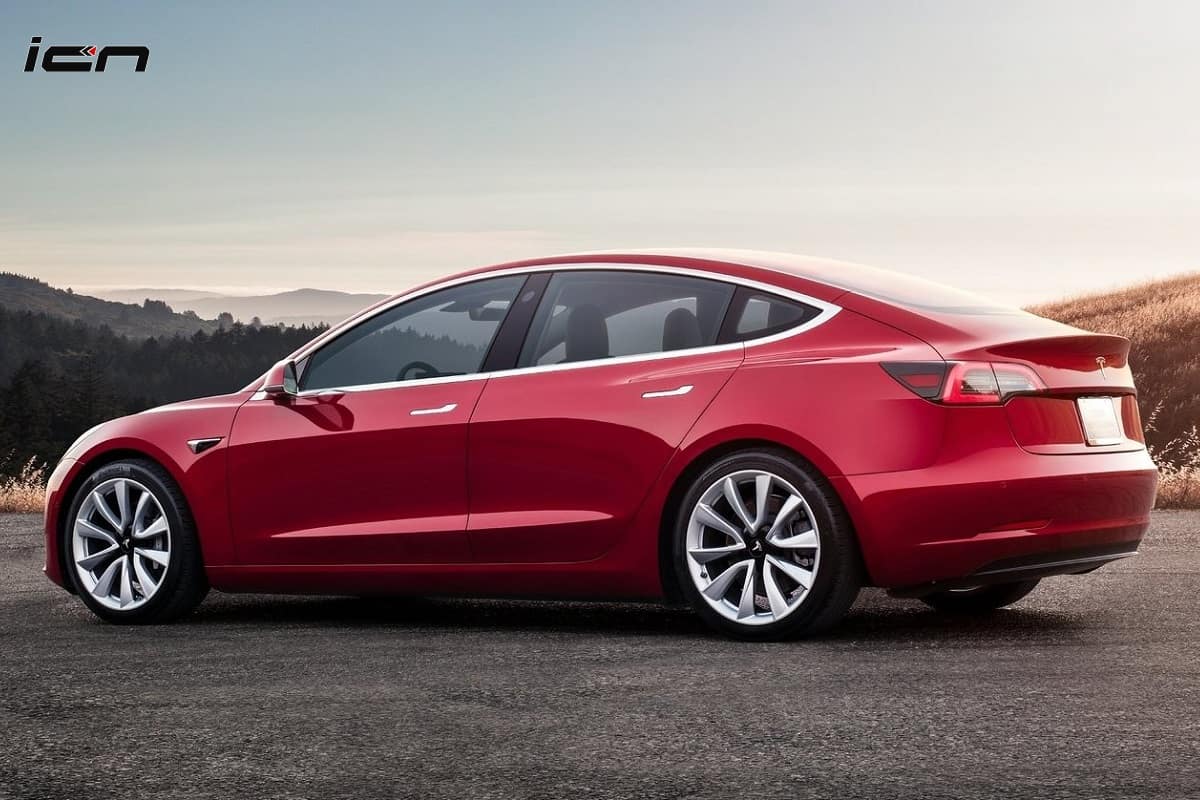The protracted discord between the Indian Government and Tesla Inc. has been an enduring saga over the past couple of years. Nevertheless, signs of resolution have emerged as both parties diligently address their differences, edging closer to a conclusive agreement. According to the latest accord, Tesla is ready to commence the import of its electric vehicles (EVs) into India starting from the upcoming year. Additionally, the American automaker has secured permission to establish a manufacturing facility within the next two years.
Tesla Plant Setup In Gujarat?
Deliberations on the optimal location for Tesla’s inaugural Indian plant are ongoing, with Gujarat, Maharashtra, and Tamil Nadu emerging as the frontrunners. Notably, these states boast well-established ecosystems for electric vehicles (EVs) and exports. The official announcement of these developments is anticipated to take place at the Vibrant Gujarat Global Summit scheduled for January 2024.

Local Manufacturing & Investment
Preliminary investment figures reveal that Tesla Inc. is set to inject approximately USD 2 billion into the establishment of the manufacturing plant. Furthermore, the company is contemplating a substantial increase in local procurement of auto parts and components, with a projected expenditure of up to USD 15 billion. Reports indicate that Tesla may explore the possibility of manufacturing batteries in India to exercise greater control over manufacturing costs. Insiders caution, however, that the final decision remains pending, and adjustments to the current plans are plausible.
Uniform Incentive Policy
Government officials have recently affirmed that any incentives extended by India to promote and facilitate local EV manufacturing will be uniform for both foreign and domestic investors. The government is presently formulating a policy designed to incentivize domestic electric vehicle manufacturing, with the industry closely monitoring developments.

Other OEMs’ Concern
Concerns have been raised among several OEMs regarding potential reductions in import duties, which could confer a perceived advantage to Tesla. It is worth noting that indigenous automakers, namely Tata Motors and Mahindra & Mahindra, are already actively engaged in EV manufacturing within India. Meanwhile, India’s leading car manufacturers, Maruti Suzuki and Hyundai-Kia, have strategically outlined plans for substantial investments in battery assembly plants. These investments are set to accompany the launch of a diverse range of new EVs slated to hit the roads by the year 2030.







